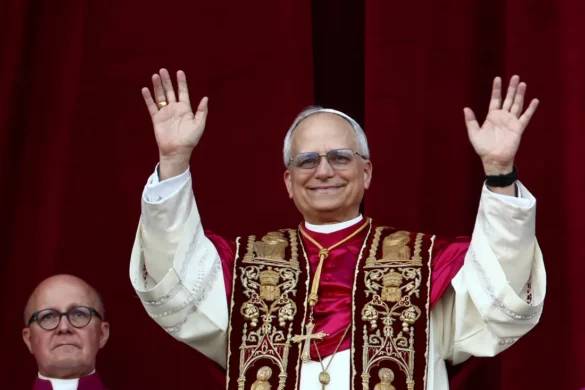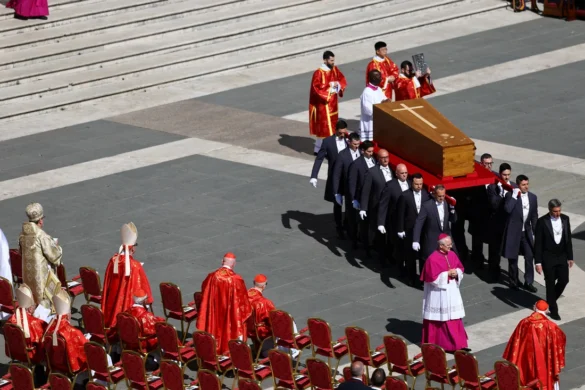A tax of N5, 000 is enough to save the life of a child who has malaria from death, Executive Chairman, Federal Inland Revenue Service (FIRS), Mr. Tunde Fowler, has said.
Fowler recalled how the establishment of a connect between tax contribution of as little as N5, 000 and the life of a child, who may die from malaria, touched the hearts of some taxpayers who became compliant taxpayers in Lagos, when he held the forte as the chairman of the Lagos Internal Revenue Service (LIRS).
In a statement, FIRS spokesman Wahab Gbadamosi said the FIRS chief made his observation in Accra at the Annual Tax Conference of the Chartered Institute of Taxation, Ghana (CITG), where Fowler was also given an award as a Honourary Fellow of the institute.
Fowler noted that every kobo contributed by a taxpayer – even as little as N5, 000 – is enough to stop the death of a child from malaria.
He told tax practitioners and administrators, from Ghana, Sierra Leone, Nigeria, Cote D’ivoire and other parts of the West African sub-region that beyond deploying the law, enforcement, technology and mobilisation, tax administrators must deploy a medley of psychology, persuasion and being firm to convince citizens to pay tax and to fund their country’s development.
The statement quoted Fowler as saying: “When you ask people to pay tax, they ask you: ‘Why?’ But when you tell them that a tax of N5, 000 is enough to safe a child from dying from malaria, their attitude about tax begin to change gradually. As a tax administrator, you have to become a teacher to save the life of a child.
“The point is that as tax administrators, we must see the work that we do, not just as another job, but as nation building. Tax collection is nation building. It is serving your nation. It is serving God.
“When you convince a taxpayer that the tax he/she pays could save the life of a child who has malaria from death, you could begin to touch the taxpayer’s heart.
“Before the law changes, tax administrators, need to wear the hat of a teacher, a psychologist, a friendly person and a firm upholder of the law.
“All stakeholders must be conscious of our roles in ensuring that Africa catches up with the rest of the world in moving away from dependence on resource revenue towards dependence on taxation as the primary source of funding for our development.”
The FIRS chief was said to have expressed concern that no member of the Organisation of Petroleum Exporting Countries, OPEC – with all their wealth – belongs to the league of developed countries.
“Today”, he noted, “Venezuellans queue for food. It can be argued that the extent to which an economy is able to grow sustainably and develops depends to a large extent on its ability to generate tax revenue to finance its expenditure and the efficiency if its tax system.
“Even in Nigeria, oil, gas and mining sector (6.48) is not the biggest contributor to the Gross Domestic Product (GDP) of $422.59 billion dollars. The sector takes the third place after Trade (19.15) and Agriculture (19.0).”
Fowler, who stated that governments fund budget either by levying taxes or borrowing, noted that whatever tax collectors do must still be within the ambit of the law.
He observed that “though tasking, it is still possible to collect taxes with existing laws”, describing obsolete laws and challenging law amendment processes as some of the challenges to tax legislation in Africa.




